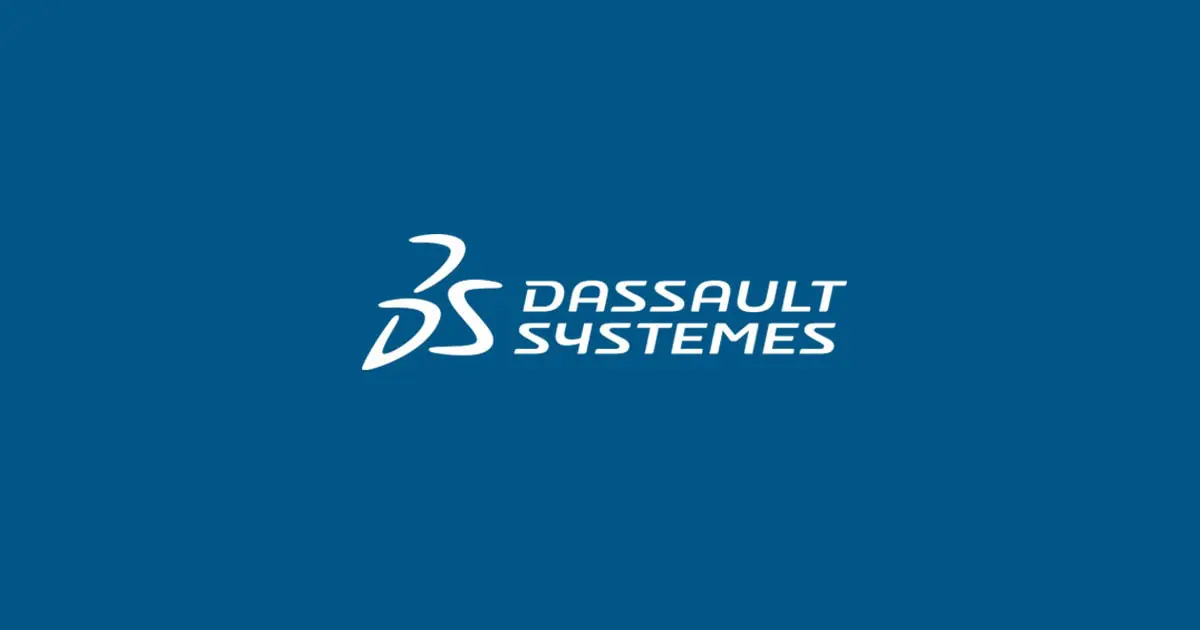It’s no picnic managing a global supply chain for quality, profitability and delivery compliance. But companies and their suppliers must also contend with reputational challenges to their brands and success—it’s more crucial than ever that they operate socially responsible supply chains that don’t exploit labor, stay current with regulations and sanctions, and promote sustainability.
Electrical vehicle (EV) manufacturing, as a new business, is incorporating a principled perspective from the get-go. Ten EV automotive companies have set up an organization called Drive Sustainability to factor ethical issues into their supply chain decisions. One focal point is the raw materials used in EV, including cobalt, graphite and lithium. The partnership has a “Raw Materials Observatory” to identify and address the environmental, ethical, and human and labor rights issues in raw materials sourcing.

Pressure to pay close attention to environmental, social and governance (ESG) risks in supply chains is not just coming from consumers and watchdog organizations—it’s becoming crucial to investors, as financial performance is at stake. “… effectively managing ESG issues is a core part of the fiduciary duties…” said Nathan Fabian, director of policy and research at Principles for Responsible Investment (PRI). “As supply chains fall outside of a company’s core operations, they expose themselves to hidden and uncontrollable risks typically driven by ESG factors such as natural resource depletion, human rights abuses and corruption,” PRI stated elsewhere.
Another area of emphasis is “modern” slavery—not only forced labor and human trafficking, but things like passport confiscation, debt bondage, unwritten contracts, and labor documents not written in the employee’s language. Boeing, for example, outlines its expectations for suppliers in a document titled Basic Working Conditions and Human Rights in Boeing Supply Chains. The plane maker audits first-tier suppliers itself, not through a third party. Boeing personnel are trained to evaluate risks, and report evidence via channels such as the Boeing Ethics Line.
Governments are also attempting to enforce ethical behavior in this arena. The UK Modern Slavery Act mandates that businesses with revenues exceeding £36 million post on their website what they are doing to combat modern slavery in their supply chains. The US Trade Facilitation and Trade Enforcement Act bans any goods or services by forced labor from being imported. Businesses are responding— almost 130,000 companies, including more than 47,000 US firms, have posted annual statements on the Transparency in Supply Chains Report, an open data register aimed at ending modern slavery and supply chain abuses.
The International Organization for Standardization (ISO) is a good place to start for companies seeking guidance on social responsibility. Its standard, ISO 26000, addresses seven core topics of social responsibility—human rights, labor practices, the environment, fair operating practices, consumer issues, and community involvement and development. “An organization’s commitment to the welfare of society and the environment has become a central criterion in measuring its overall performance and its ability to continue operating effectively,” ISO explained. “Ultimately, an organization’s activities depend on the health of the world’s ecosystem.”

